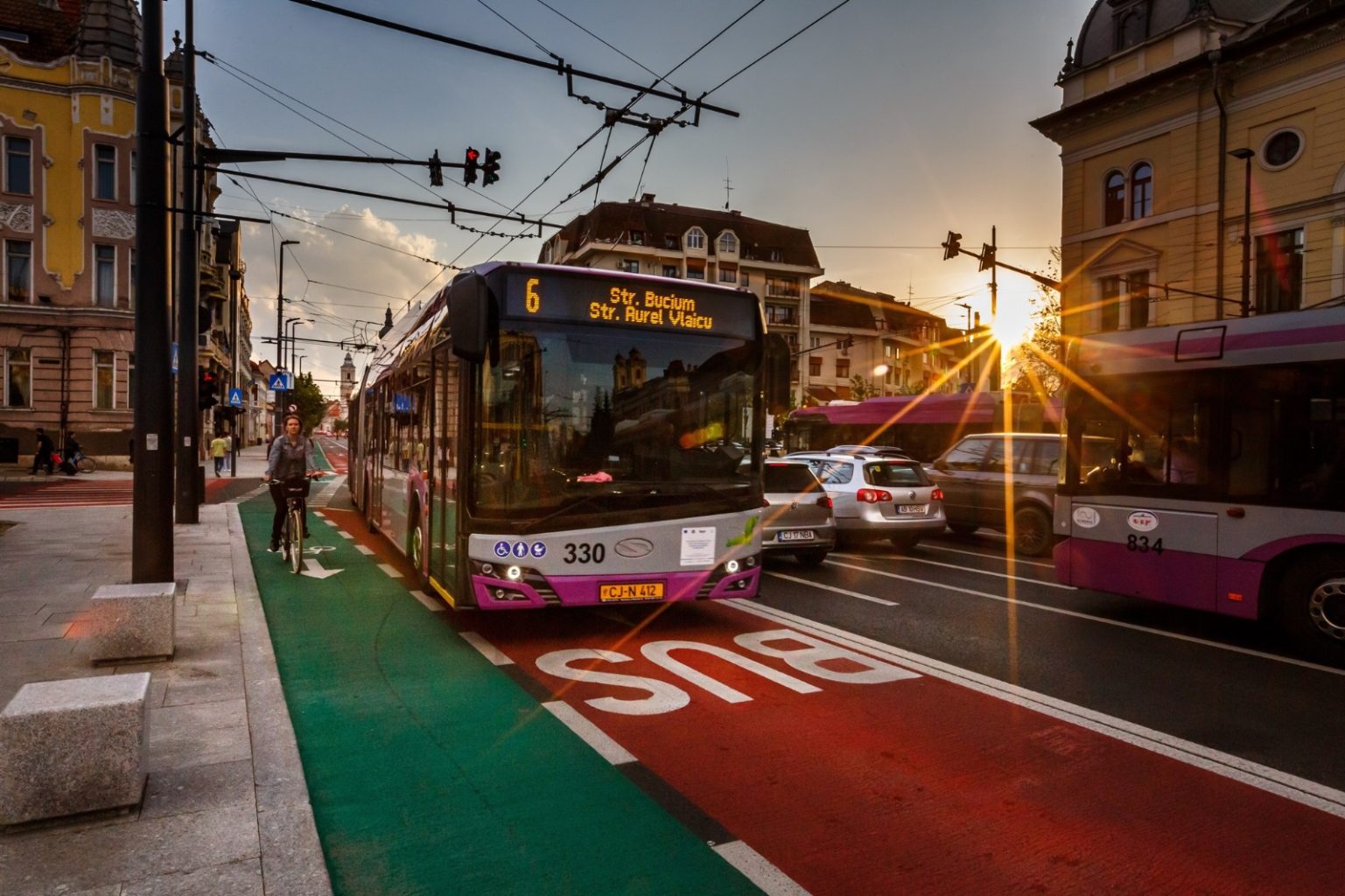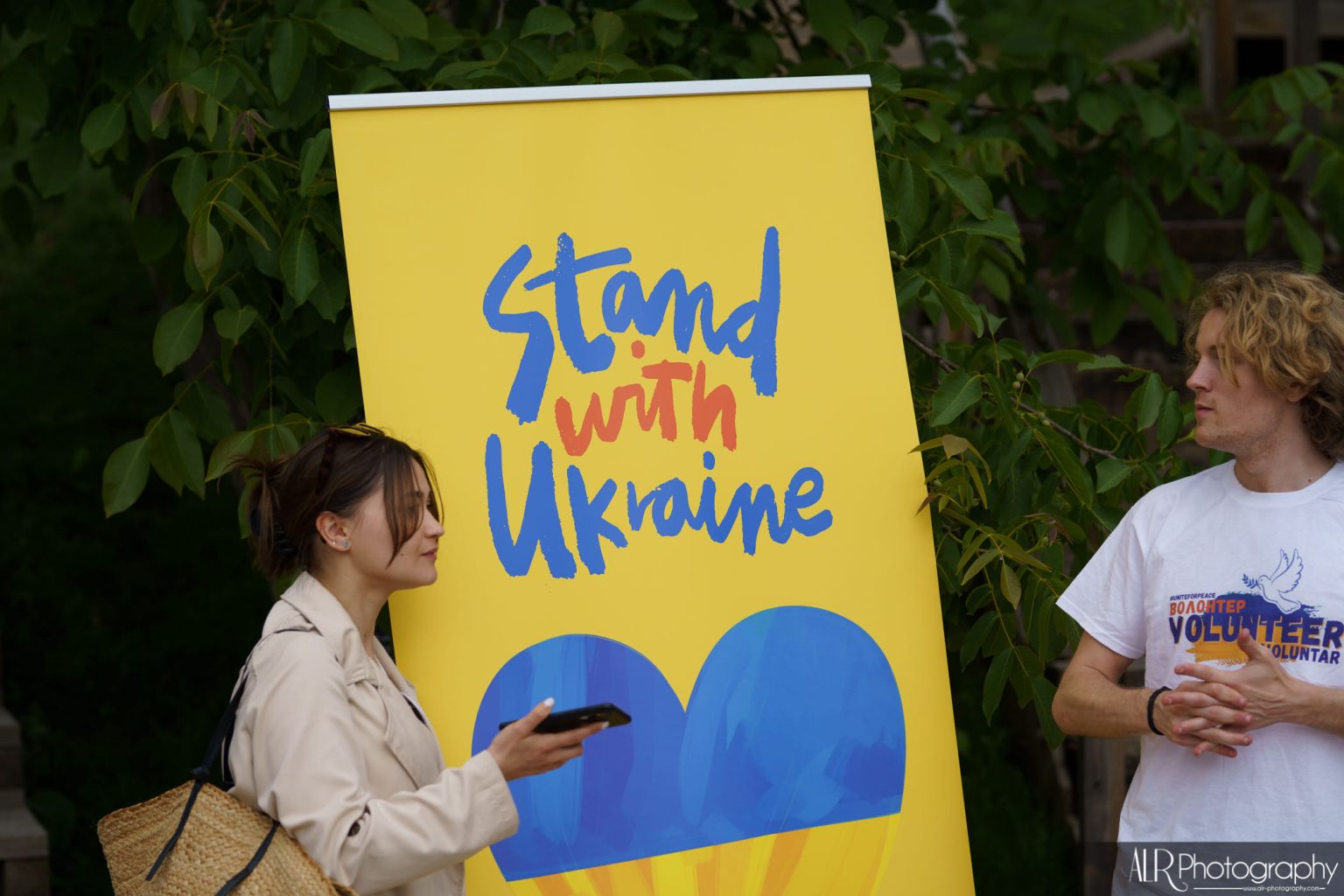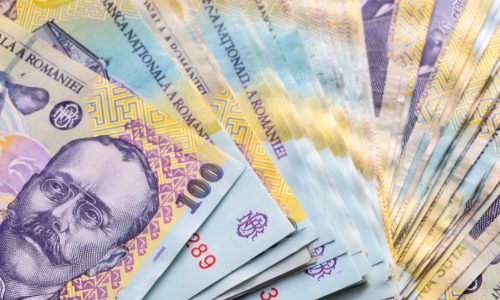Cluj-Napoca Mayor, Emil Bloc, participated on Euronews' “Brussels, My Love” speaking about a range of topics from how to “go green” to how the Ukraine war has shaped cities across Europe. He was joined by Dan Boyle, Representative of Cork City (Ireland) and Kata Tüttő, Deputy Mayor of Budapest.
A Green City is a Necessity, not a Luxury.
It's no secret that Cluj-Napoca has been undergoing a significant transformation over the past number of years. During the debate, the mayor entered strongly into the discussion with an explanation of why people need a green city. He said that it's “not a luxury, it's a necessity for a better job, for better health and for a better quality of life for all europeans”, and that the city must put the people and the future, before the profits.
He continued by explaining that in order to have green cities, leaders sometimes need to take unpopular measures. One specific example Mayor Boc used, was the pedestrianisation of the street in Piata Unirii, which transformed the centre from a church and square as an island, into a pedestrian area with terraces and seating areas.
He explained that in the beginning, people were mad at the idea of losing the street, but now, people are proud of the terraces and having a “European way of life”. He concluded by adding, that sometimes mayors need to do something which is not good for their popularity, but is needed for the city.
5 Policies
The mayor started to explain to the participants in the show that Cluj-Napoca has a range of policies, which include promoting sustainable transportation, the increase of green spaces, promotion of energy-efficient buildings, reducing waste, education and the hot topic of a metro system, which continues to be a major focus for the city but is moving slowly due to a number of factors.
On the topic of education, he elaborated by highlighting that it's so important and to educate children about recycling and how to protect the environment, with the hope that they will educate their families and elders with regards to more green practices and waste reduction.

Waste management continues to be a difficult conversation in Cluj-Napoca. However, despite the struggles with Supercom, the city's waste disposal contractor, the problem is exacerbated by the fact that many people don't “believe” in recycling and do not segregate their waste, despite having dedicated containers available. The reason for this is the belief that “they all end up in the same landfill” and therefore, there's no point in making the effort.
Changing Mentalities
Changing the mentality of citizens in any city can be challenging, however, in countries like Romania, where corruption among public officials is always a concern, stemming from the revolution and many broken promises along the way, changing behaviour and mentalities can seem like an impossible task.
In addition to educating people about responsible waste management, another huge quality of life impact is cars and traffic. Mayor, Emil Boc started to explain to the group, that before the 1989 revolution, there were approximately 50,000 cars in the city, and that today, there are 200,000 cars, with the same geographic conditions of the city. According to the mayor, changing the mindset is the way to resolve the problems with congestion and pollution.
The solutions outlined by the mayor were the improvement of public transport, both in terms of reliability and dedicated through dedicated bus lanes as well as the quality of the public transport vehicles. The creation of bus lanes across the city has been a frustration for motorists due to the fact that the implementation is disruptive during the construction phase and the fact that drivers will lose a lane. Boc's position on this is that, they should leave their cars at home and use public transport.

War in Ukraine: How did this affect European Cities?
When asked how Cluj-Napoca has managed the refugees from Ukraine and how many people have arrived in Cluj since the war broke out, the mayor explained that around 6,000 Ukrainian refugees came to Cluj, and although most have moved onto other countries, but some remain in the city.
He cited the fact that the city has provided an integrated solution for those coming to Cluj-Napoca, including housing, healthcare, education and security. He mentioned how impressed he was with the citizens of Europe and their solidarity with Ukraine.

“This is a War of the Future and a War of the Past”
Emil Boc explained that the war is a “success story in the end” but that what's happening in Ukraine. The reason for the statement, is that for Europe, the attitudes and actions of citizens and member states with relation to the illegal invasion of Ukraine by Russia, indicates that Europe is stronger and more united than before and that it's a strong argument that peace will be in Europe, as this is a war of the future and a war of the past.
He continued by explaining that it's a “war of the future”, because if you do not stop this war, there will be another war in Europe and that we have to defend our values, our democracy and support Ukraine in order to have peace on the continent.
The mayor recognised that supporting Ukraine is “not an act of charity”, that they are dying for “our values” whilst defending their country and their nationality, and that cities need to support refugees for as long as it takes, even though it may not be easy.



